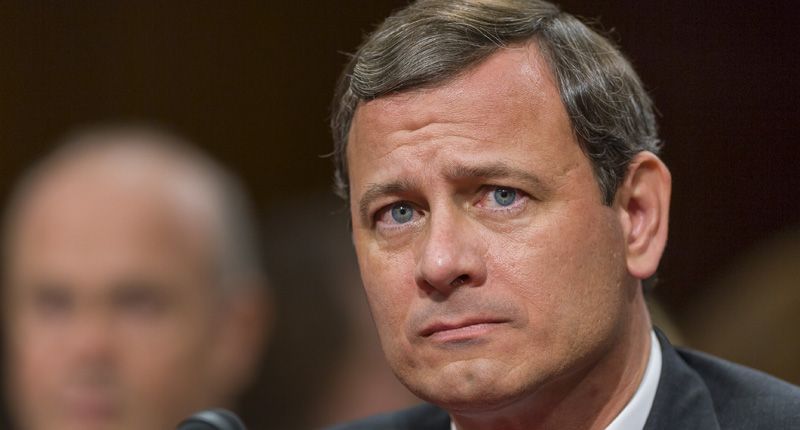Nearly a dozen currently serving federal judges criticized the U.S. Supreme Court from behind the cloak of anonymity.
The federal judges went on background to speak with NBC News about the court's increasingly frequent habit of overturning lower court rulings involving President Donald Trump's policies with little or no explanation, and some of them called out Chief Justice John Roberts for not doing enough to defend the integrity of the court's work.
“Judges in the trenches need, and deserve, well-reasoned, bright-line guidance,” one judge said. “Too often today, sweeping rulings arrive with breathtaking speed but minimal explanation, stripped of the rigor that full briefing and argument provide.”
An NBC News review of Trump decisions found five of the 17 cases overturning lower court rulings provided no substantive reasoning at all, while seven of the others offered fewer than three pages of explanation, and 10 of the judges agreed that lack of explanation was a problem because that left them unable to assess what precedent the justices were asking them to follow.
“Certainly, there is a strong sense in the judiciary among the judges ruling on these cases that the court is leaving them out to dry,” said one judge appointed by Barack Obama. “They are partially right to feel the way they feel.”
That lack of guidance also has the effect of validating the Trump administration's criticism because, they argue, a short rebuttal by the Supreme Court in overturning lower court decisions makes the judges' work look poorly reasoned and biased against the president.
“It is inexcusable,” one judge said. “They don’t have our backs.”
The Obama appointee conceded that so-called "Trump derangement syndrome" does exist within some reaches of the judiciary, which that judge said led some jurists to overreach their authority.
“The whole ‘Trump derangement syndrome’ is a real issue," the Obama appointee said. "As a result, judges are mad at what Trump is doing or the manner he is going about things; they are sometimes forgetting to stay in their lane.”
Lower court judges understand that they're going to be overturned at times by the Supreme Court, but they faulted the justices for neglecting their obligation to explain themselves or defend their reasoning as a good-faith effort to address complex legal issues.
"Let’s be clear, it’s not some crazy opinion," said one judge, offering an example for the high court to emulate, "and this judge is not a monster.”
Ignoring that traditional obligation in a way that can be understood by the public effectively endorsed White House senior adviser Stephen Miller's claims that the judiciary was working to subvert Trump's presidency.
“It’s almost like the Supreme Court is saying it is a ‘judicial coup,’” a judge said.
